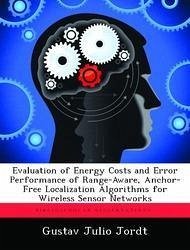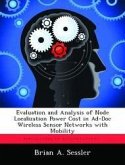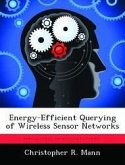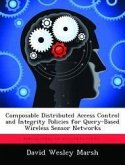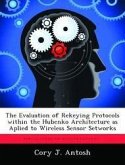This research examines energy and error performance tradeoffs in Anchor-Free Range-Aware Wireless Sensor Network (WSN) Localization algorithms in different network environments. A concurrent and an incremental algorithm (Anchor Free Localization (AFL) and Map Growing) are examined under varying network sizes, densities, distribution methods, and range error conditions. Despite current expectations, even the most expensive configurations do not expend significant amounts of battery life (at most 0.4% of a typical node battery). This implies very little energy conservation is possible during localization which is contrary to significant current research that tries to provide accurate localization while conserving energy usage. AFL is twice as accurate but uses up to 6 times more communication. AFL's position refinement phase adds 700 - 2500 messages but significantly reduces error. Map Growing averages 35 total messages. For both, node degree is the single most important factor, accounting for over 90% of the variation in communication. As node degree increases, Map Growing communication increases, while AFL transmissions drop. During refinement, nodes with more neighbors refine quicker using fewer messages. Between degree 12 and 16, many nodes receive the same message. This effect overpowers the previous resulting in more AFL received bits. Other factors have little effect on communication. Network size dramatically degrades Map Growing accuracy but has little effect on AFL. Built from simulation data, the Energy Consumption Model predicts the energy usage of incremental and concurrent algorithms used in networks with varying size, density, and deployment methods.
Hinweis: Dieser Artikel kann nur an eine deutsche Lieferadresse ausgeliefert werden.
Hinweis: Dieser Artikel kann nur an eine deutsche Lieferadresse ausgeliefert werden.

